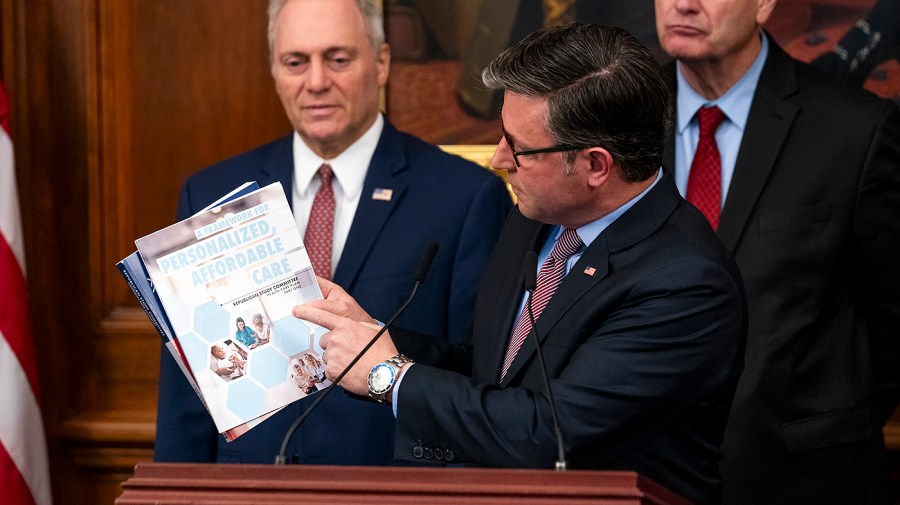As the government shutdown approaches its conclusion, Republicans are confronted with a significant challenge regarding health care policy, specifically concerning ObamaCare. The party’s longstanding struggles with this issue are set to resurface as lawmakers prepare to navigate the complexities of health care reform in the wake of the shutdown’s impact.
Republicans have historically criticized ObamaCare, citing concerns over increased premiums and limited access to care. With an eye on the upcoming 2024 elections, party leaders recognize that the handling of health care policy could play a pivotal role in their electoral prospects. The shutdown, which has drawn public scrutiny and political fallout, adds urgency to their deliberations.
Implications of the Government Shutdown
The shutdown has created a challenging backdrop for Republicans as they seek to reclaim the narrative on health care. The government’s temporary closure has led to disruptions in various services, prompting voters to reassess the effectiveness of their elected officials. As Congress debates funding for the federal government, Republicans are expected to face intense pressure from constituents demanding clarity on health care solutions.
On one hand, party leaders are eager to propose alternatives to ObamaCare, but they must also address the realities of the current system. According to data from the U.S. Department of Health and Human Services, millions of Americans remain dependent on the Affordable Care Act for their health coverage. This dependency places additional weight on Republican lawmakers to articulate a viable plan that addresses constituents’ needs while aligning with party ideology.
Strategic Approaches Ahead of 2024 Elections
The upcoming weeks are critical for the Republican Party. With the specter of the 2024 elections looming, party strategists are acutely aware that health care remains a top concern for voters. A recent survey by the Pew Research Center indicated that approximately 70% of Americans consider health care a priority issue, underscoring the significance of how the party approaches this topic.
In light of these considerations, Republicans are expected to engage in internal discussions to unite around a cohesive strategy. This might involve revisiting proposals that aim to lower prescription drug prices, expand health savings accounts, and enhance competition among insurance providers. Nonetheless, any plan must resonate with both the party base and the wider electorate, presenting a formidable challenge for party leaders.
The outcome of these debates could significantly influence the Republican Party’s standing in the House of Representatives and the Senate as they seek to maintain a majority. A clear, actionable health care proposal could enhance their appeal to undecided voters and those disillusioned with the current administration’s handling of health care issues.
As Republicans grapple with these challenges, the resolution of the shutdown could serve as a litmus test for their effectiveness in addressing one of the most pressing issues facing Americans today. The party’s ability to present a viable alternative to ObamaCare may ultimately determine its success in the upcoming electoral cycle.







































































